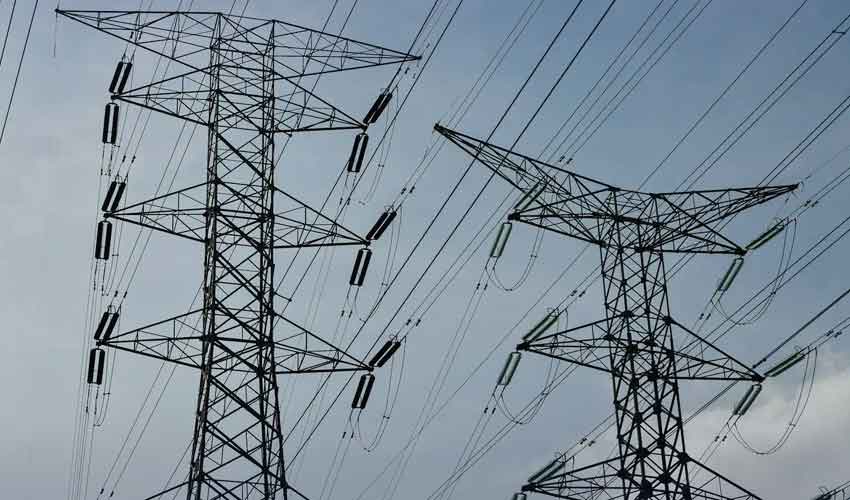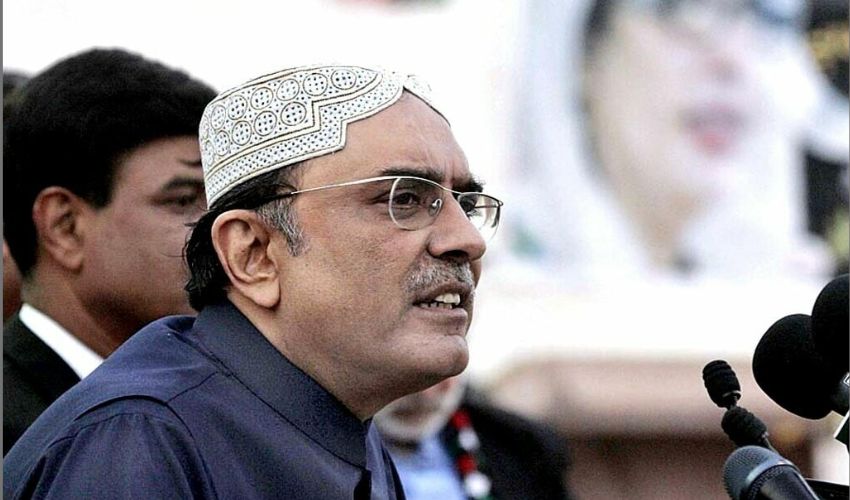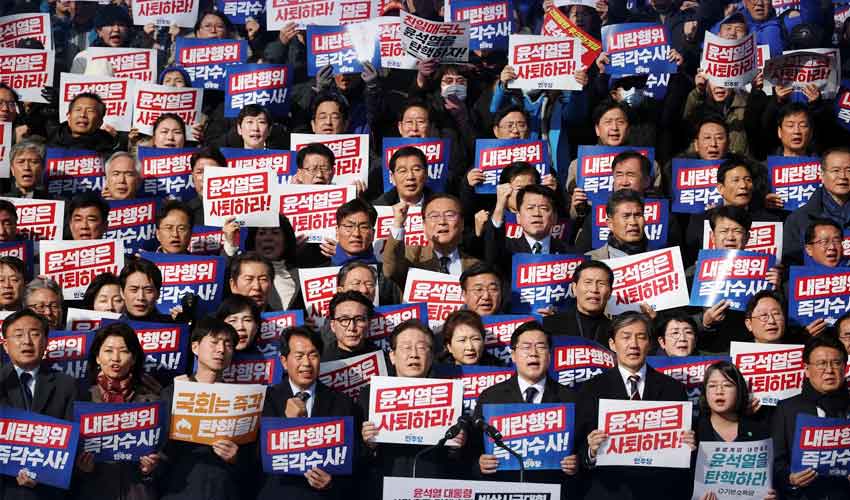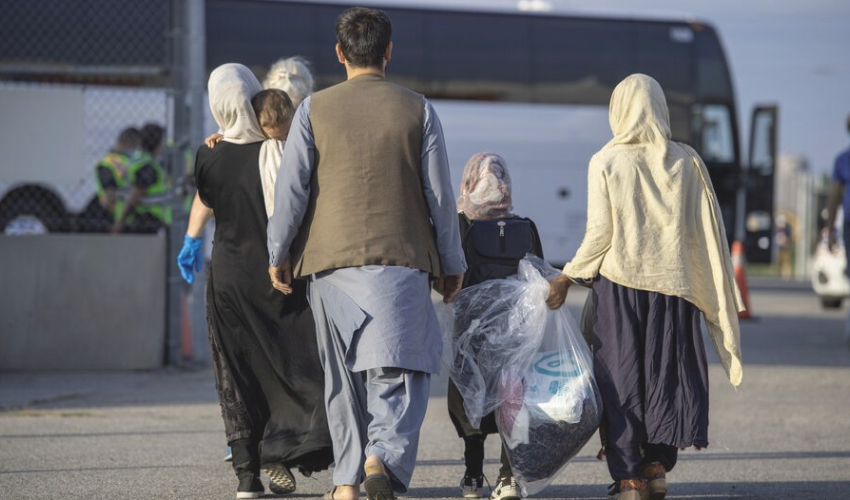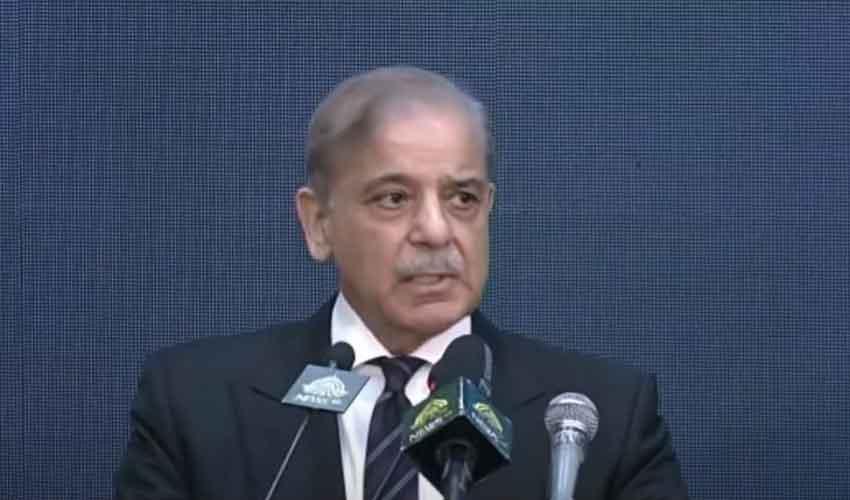Both 'friends and foes' around the world reacted to the United States' latest reciprocal tariffs with a mix of condemnation, retaliation, and calls for dialogue. However, all responses were measured, as none of the parties seemed eager to provoke an outright trade war with the world’s biggest economy. Here is what some of the top US trading partners have to say:
China
The Ministry of Commerce, while firmly opposing the 34% tariffs on all Chinese imports into the US, said Trump’s effort to reshape the rules of international trade was a “typical unilateral bullying practice”. In a statement, the ministry said it would “resolutely take countermeasures to safeguard its rights and interests”. In 2024, US ran a $295 billion trade deficit with China.
Vietnam
Reacting to a 46% reciprocal tariff on certain goods, Prime Minister Pham Minh Chinh said the move is “not in line with the good relations between the two countries”. Chairing a meeting on Thursday, he ordered the immediate establishment of a rapid response team, led by Deputy Prime Minister Bui Thanh Son. The premier said his country seeks “fair and appropriate” consideration in trade policies, for it is a developing country “still dealing with long-term post-war consequences”.
Ireland
Prime Minister Micheal Martin said he could see "no justification" for the tariffs, and that Ireland would reflect with its "EU partners on how best to proceed". However, he made it clear that such measures were detrimental to the global economy. He highlighted that more than €4.2 billion worth of goods and services are exchanged daily between the EU and the US, and disrupting this integrated relationship benefits no one.
Germany
Expressing strong opposition to the new tariffs, German Economy Minister Robert Habeck called for a firm response to the “tariff mania”. He emphasized the need for Europe to act with unity and determination, suggesting that increased pressure could lead the US to reconsider its position. “We can join forces with many countries, with many regions of the world and increase the pressure on the Americans accordingly,” he said.
Taiwan
Calling the new 32% tariff "deeply unreasonable" and "highly regrettable", the Executive Yuan vowed to take up the issue with Washington. Cabinet spokesperson Michelle Lee said in a statement that the government would "lodge a solemn representation" with the US trade representative and continue negotiating with the US.
Japan
Chief Cabinet Secretary Yoshimasa Hayashi has urged the White House to review the measure, saying it is “extremely regrettable” that the US announced reciprocal tariffs despite Japan sharing concerns at various levels. Trade Minister Yoji Muto also urged the US to “not apply them (new tariffs) to Japan”.
South Korea
Calling the situation “very grave”, Acting President Han Duck-soo told officials to go all-out to respond to the 25% tariff on imports from South Korea. He also directed Trade Minister Cheong In-kyo to arrange a visit to the US and engage in negotiations with his counterparts to minimize the economic impacts on affected sectors.
United Kingdom
British Premier Keir Starmer stressed the importance of “cool and calm” approach to avoid escalating tensions, and said Britain was prepared for the economic impact. He hoped to negotiate a deal to reduce or remove the tariffs. However, he clarified that retaliatory measures were not “off the table.”
Switzerland
Swiss President Karin Keller-Sutter said her country’s remains committed to free trade despite a new 31% tariff on exports. In a microblogging website post, she said the Federal Council would determine the next steps. However, she added that “long-term economic interests are the priority” and “Adherence to international law and free trade remain core values”. However, Economiesuisse, the country’s main business group, rebuffed the US tariffs as “harmful and unjustified”. It argued that trade between the two countries was “almost balanced”.
Italy
Italian Prime Minister Giorgia Meloni called the tariffs “wrong”, saying that a full-blown trade war would "inevitably weaken the West". She said Rome would discuss the issue with other European partners, and added that the EU would still “do everything we can” to prevent a trade war. Foreign Minister Antonio Tajani also called for "constructive negotiations" that could result in a win-win situation for both the US and the EU.
Denmark
Danish Foreign Minister Lars Lokke Rasmussen strongly opposed the move and said “an unwanted trade war” would threaten the gains made against extreme poverty and child mortality. “I do not understand why the US wants to start a trade war against Europe. No one wins; everyone loses. Instead of building walls, we should be tearing down barriers,” he said.







